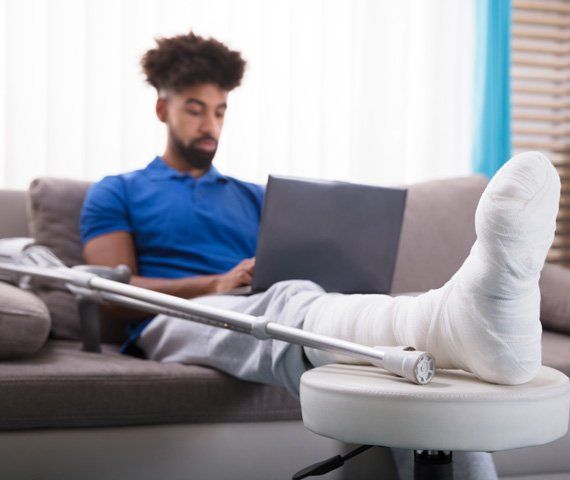Should you go to the ER or urgent care?
We do our best to accommodate your medical needs, but there are times we are not available, or that you require more care than we are able to provide in our office. Knowing when you should go to an urgent care or an emergency room can help provide the best treatment for your needs and help keep your costs down. In general, in network urgent cares will be more cost effective for you then an in network emergency room. If you have questions about where to seek treatment you can call our office. Always call 911 or go to an emergency room if you're dealing with a life threating emergency.
- When to go to an urgent care: Urgent care clinics fill gaps when you become sick or injured but we are not available or you can't wait for an appointment with us. Some common conditions treated by urgent care clinics include:
- Sore throats, fevers, and other moderate flu, COVID, or viral illness symptoms
- Vomiting and dehydration
- Minor cuts needing stitches
- Minor broken bones
- Minor infections and burns
- Muscle strains and sprains
- Painful urination
- Ear pain
- Eye redness, discharge, or itchiness
- Rashes
- Abdominal pain
- When to go to an emergency room: There are medical issues that need to be treated at an emergency room because they may require rapid responses, specialized medical equipment, or advanced treatment that is only available at a hospital. These issues include:
- Chest pain or difficulty breathing
- Large open wounds
- Loss of consciousness
- Major burns
- Major broken bones
- Severe head injuries
- Spinal injuries
- Uncontrolled bleeding
- Weakness or numbness on one side of your face or body
- Slurred speech
- Fainting or a change in your mental state
- Severe flu, COVID, or flu symptoms
- Severe abdominal pain

